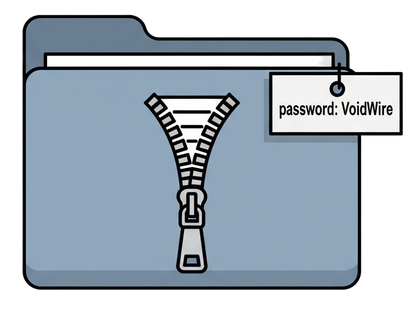EU Censorship Laws: What Does This Mean for You?
The new EU regulations on content moderation could have far-reaching consequences for internet freedom and privacy. Here's what you need to know.
The European Union is implementing sweeping new regulations that will fundamentally change how content is moderated online. While presented as measures to combat "harmful content," these laws raise serious concerns about freedom of expression and digital privacy.
The Digital Services Act: A New Era of Control
The EU's Digital Services Act (DSA) has introduced unprecedented powers for content removal and platform liability. Under these new rules, platforms must:
- Implement automated content scanning systems
- Remove "illegal" content within strict timeframes
- Share user data with authorities upon request
- Maintain detailed logs of user activity
- Apply "risk mitigation measures" for content deemed problematic
Key Concern
The definition of "illegal content" is broad and subjective, potentially encompassing political dissent, criticism of government policies, or controversial opinions that were previously protected speech.
Real-World Impact on Users
These regulations aren't just theoretical policy changes – they're already affecting real people's ability to communicate freely online:
Automated Censorship
AI systems are now scanning every message, post, and comment for "problematic" content. These systems lack context and nuance, leading to widespread false positives.
Chilling Effect
Users are self-censoring, avoiding topics they fear might trigger automated moderation or government scrutiny.
Data Harvesting
Platforms are collecting unprecedented amounts of personal data to comply with monitoring requirements.
The Expanding Definition of "Harmful Content"
What's particularly concerning is how the definition of "harmful content" continues to expand. Initially focused on clearly illegal material, the scope now includes:
Previously Targeted
- • Child exploitation material
- • Terrorist content
- • Direct threats of violence
Now Also Includes
- • "Misinformation" (broadly defined)
- • Criticism of government policies
- • Questioning official narratives
- • "Hate speech" (subjectively determined)
Recent Examples of Overreach
The implementation of these laws has already led to concerning examples of overreach:
"In Germany, authorities have demanded the removal of posts criticizing COVID-19 policies. In France, content questioning climate change policies has been flagged for removal. In the UK, individuals have been arrested for social media posts that were deemed 'offensive' by authorities."
How VPNs Protect Your Rights
In this environment of increasing digital surveillance and censorship, VPNs have become essential tools for protecting fundamental rights:
Protection Through Privacy
- • Location Masking: Authorities cannot easily track your physical location or internet activity
- • Encrypted Traffic: Your communications are protected from interception and analysis
- • Identity Protection: Your real IP address and identity remain hidden
- • Censorship Bypass: Access blocked content and platforms
Why VoidWire is Different
Many VPN providers are subject to the same data retention and sharing requirements as other tech companies. VoidWire's approach is fundamentally different:
No Data Collection
We don't collect personal information, so we have nothing to share with authorities.
RAM-Only Servers
All data is wiped automatically, making data retention impossible.
No Registration
You can use our service without providing any identifying information.
Free Access
Privacy protection shouldn't be a luxury available only to those who can pay.
Taking Action
The erosion of digital rights is not inevitable. By using privacy tools and supporting organizations that defend free speech, we can push back against overreaching censorship laws.
Every person who chooses to use a VPN, every voice that speaks out against censorship, and every organization that refuses to comply with unreasonable demands sends a message: our rights are not negotiable.
Protect Your Digital Rights
Don't let censorship laws silence your voice. Start protecting your privacy today.
Download VoidWire Free